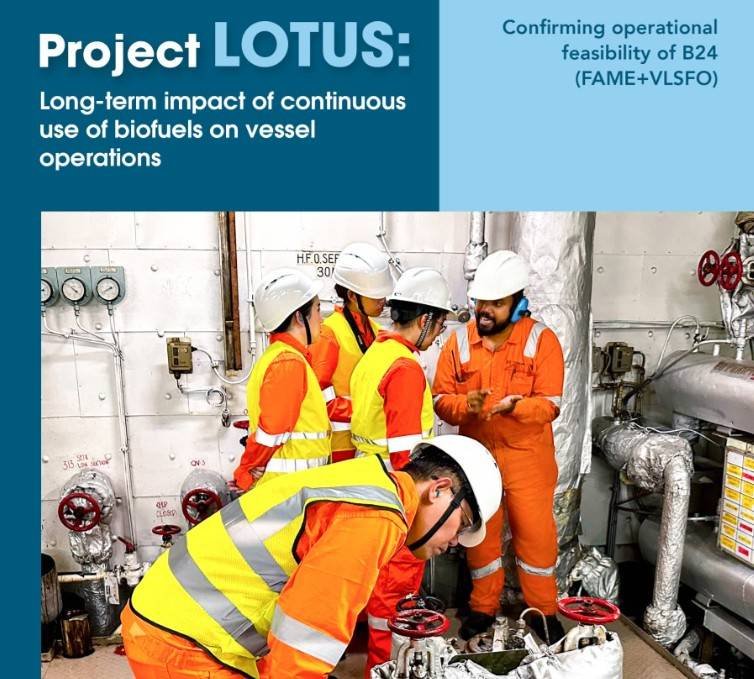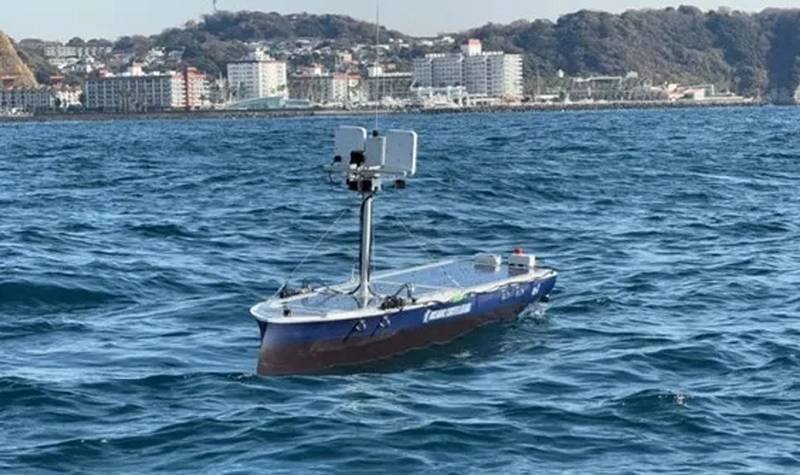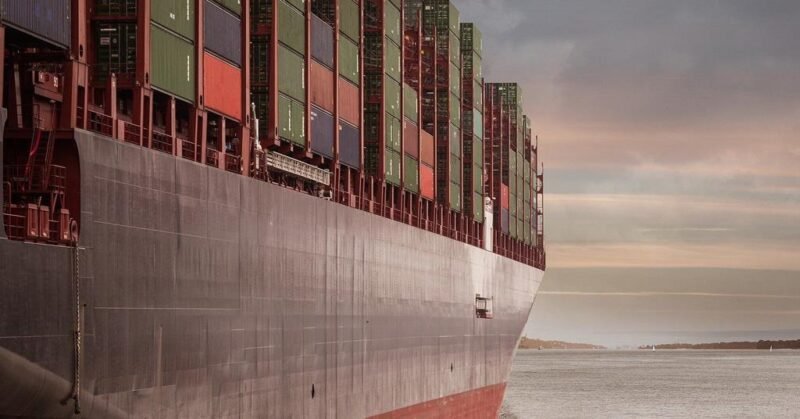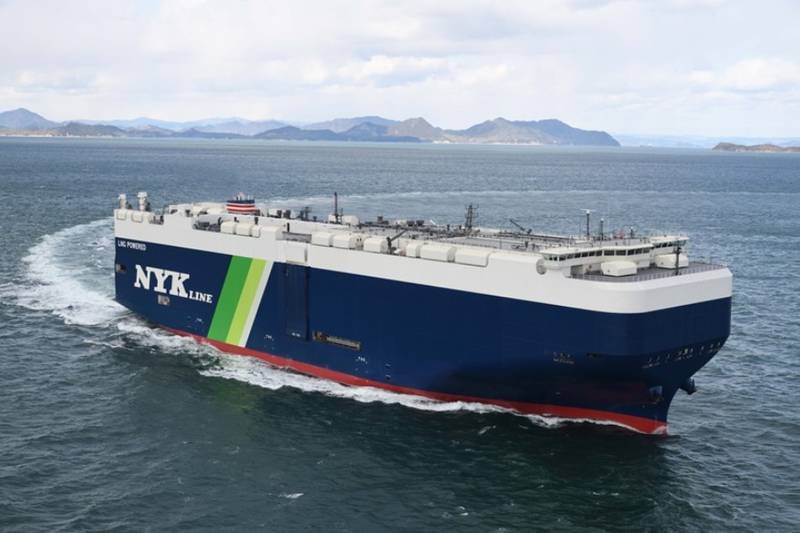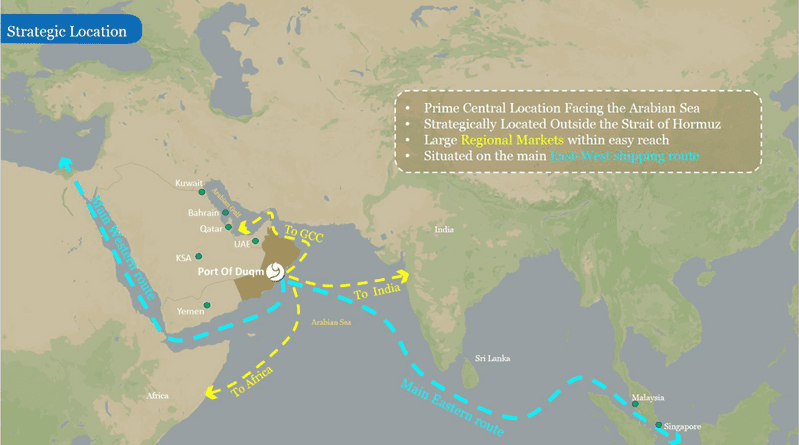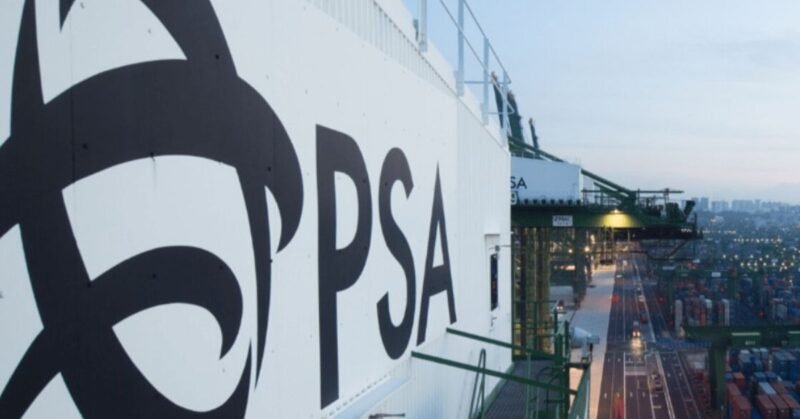Nippon Yusen Kabushiki Kaisha (NYK) recently completed a collaborative pilot project with Singapore’s Global Centre for Maritime Decarbonisation (GCMD) to assess the long-term use and storage of biofuel on vessels. This initiative, part of Project LOTUS, aimed at determining the technical safety and sustainability of biofuels for maritime operations. Over six months, B24 biofuel was continuously used on a pure car and truck carrier, showing no harmful impacts on engine performance or fuel systems. Equipment did not exhibit wear or corrosion, and stored fuel remained compliant with ISO 8217 standards, free from microbial contamination.
The B24 biofuel is a 24% blend created from processed used cooking oil and other feedstocks (FAME) mixed with 76% very low sulfur fuel oil (VLSFO). The results of this trial, which commenced in May 2024, indicate that biofuel can operate as a compatible drop-in fuel with existing ship infrastructure, paving the way for its immediate adoption. Findings are available on GCMD’s website to assist industry stakeholders interested in integrating biofuels.
NYK and GCMD emphasized the project’s significance in demonstrating biofuels’ potential to reduce greenhouse gas emissions and facilitate the decarbonization of shipping. Lynn Loo, CEO of GCMD, remarked that the evidence supports the safe and reliable deployment of biofuels, offering a substantive framework for the maritime industry’s green transition. Nobuhiro Kashima of NYK noted that the outcomes could inspire broader utilization of biofuels, enhancing sustainable development across various maritime sectors.


